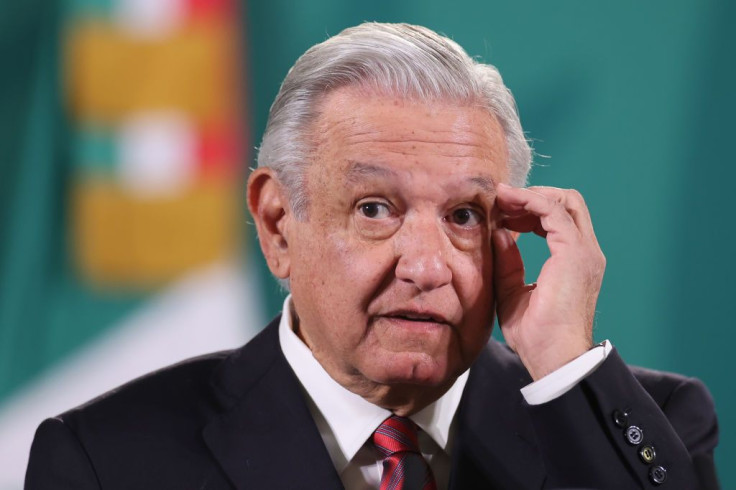
The controversial "Plan B" electoral reform program, which would have decreased the resources and authority of the nation's election authority, has had a section of its provisions overturned by the Mexican Supreme Court.
The National Electoral Institute of Mexico, an independent election oversight organization generally abbreviated as INE, had its first portion of legal amendments rejected by the court in a vote of nine in favor and two against.
Reforms to INE's administrative duties and its capacity to control political communications were included in the first section.
In Monday's decision, the court determined that by advancing Plan B without allowing enough time for discussion and consideration, the Mexican Congress had violated the rules of parliamentary procedure.
"There was no real and substantive democratic deliberation," said Luis María Aguilar Morales, one of the ministers of the court, citing constitutional law that requires legislative debate.
Jorge Mario Pardo Rebolledo, another minister, reiterated this complaint, claiming that "there was not even three hours" between the introduction of the December bill by Congress and the vote.
The court's ruling on Monday was a setback for President Andrés Manuel López Obrador's administration, which supported the Plan B overhaul and has criticized wasted spending at INE and other government oversight organizations.
But after Congress adopted the last piece of Plan B on Feb. 22, protests erupted, with detractors accusing López Obrador and his ruling Morena party of undermining Mexico's democratic institutions.
In solidarity with INE, tens of thousands of people demonstrated in Mexico City in February while donning pink and white clothing.
The main plaza of the city, which can accommodate over 100,000 people, was packed with protesters holding posters that said, "Don't touch my vote."
It was one of the biggest demonstrations of López Obrador's current presidency, which began in 2018, Al Jazeera reported.
Mexican presidents are only permitted to serve one six-year term, although López Obrador's Morena party is seen as the front-runner for the 2024 election.
"The Mexican people seek to regain confidence in their institutions, but the [Supreme Court] decided to continue protecting private interests," Adán Augusto López Hernández, Mexico's secretary of the interior, posted on Twitter after Monday's court ruling.
At a later time, the proposed modifications to the INE's budget, staffing, and authority will be subject to scrutiny by the Supreme Court of Mexico.
The legislative package referred to as Plan B is a diluted version of the constitutional amendments that López Obrador and his party initially pushed for.
The Morena party does, however, have the two-thirds majority needed to modify the Constitution even though it controls both houses of Congress.
Some members of López Obrador's government are advocating a "Plan C" that would put electoral reforms up for vote directly to the public, as Plan B is currently at risk of being struck down in court.
For several years, López Obrador and officials of his administration have publicly criticized INE.
López Obrador led protests and demanded a recount after making two failed runs for the presidency in 2006 and 2012.
He alleged that fraud had cost him the election.
He has also tried to limit the power of the Institute for Information Access and Transparency, another government watchdog, while he has been president.
In addition, he has frequently argued with the Supreme Court, alleging that its members are prejudiced against him.
© 2025 Latin Times. All rights reserved. Do not reproduce without permission.




